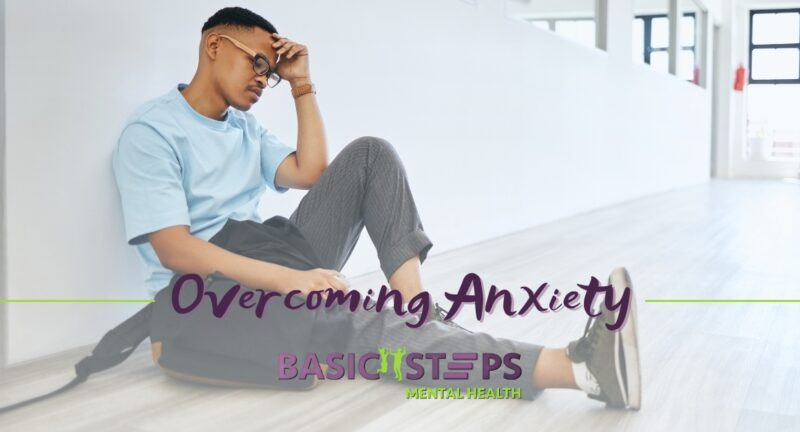
Life Process
We joked about enlightenment in graduate school. Many in our ranks bragged about reaching that state and our teacher said, “If you think you are enlightened, go home for the holidays.” Better face it, there will always be issues. Therefore, the only way to breeze through them is to create a good relationship with yourself.
Yes, I’ve heard it for almost 29 years, that it is selfish or narcissistic to love yourself, but why? Who told you that other people are more important than you? Aren’t we all the same? How can you love somebody if you don’t love yourself? Or, as I tell clients, you can’t give away what you don’t have. What are the reasons why you don’t love you? Or, to put it another way, what is it about yourself that you don’t love? It may be a new concept to take a look at yourself in the mirror, see the good and bad, and still care. If you think that pleasing others will please you, think again. Do you really know, without a shadow of a doubt, that you are really pleasing them?
The illusion of life is believing that we can manipulate/change others, or even know what they are thinking. Let’s face it, we really don’t know with 100% accuracy what people are really thinking. The only person we can ever really know is ourselves. With this said, there are two paths you can walk for the rest of your life, the path where you are friendly to you, or the one that is critical – you choose.
Oh, I have heard over and over again that people love themselves. Then why are they abusing themselves in poor relationships, or poisoning their body and mind with substances? When we hate, get angry, and lie, we are damaging ourselves. One study said that every negative thought we have takes 6 seconds of life away from us. Negativity breeds disease (dis-ease = not being at ease), weakness, and speeds up the aging process.
When we lie to ourselves or others it pulls at us. Lying may have gotten you through things as a child, but do you want to continue this behavior as an adult?
When I suffered from anxiety, I just figured that it was something that I had, that everybody had, and I just had to learn how to tolerate it. Fixing it didn’t even enter my mind. Therapy at that time was just for people who were weak. Emotional disorders aren’t a weakness, it is just our mind’s way of alerting us that something deep inside needs to be addressed. At that time, I just hoped I could take a drug, exercise, or get into a relationship with someone worse off than I was so I could spend my time trying to fix them and feel superior. Yes, as screwed up as that thinking was, I knew deep inside that I wasn’t mature enough to have a functional relationship. It took a miracle to get me into treatment and, to be honest, I am still working on myself.
Psychotherapy has gotten a bad rap. The horror stories of what clients have told me about past therapists are appalling. The main task of a therapist is to listen because every person has the resources inside of themselves to heal. A therapist also has the duty to teach tools for people to turn to. Empowerment of clients is the key.
I’ve treated thousands of people in my practice and can’t afford for them to be seeking my advice all of the time. Learning how to self-counsel can set you up for a lifetime of stability and peace.
So no, the issues don’t go away, nor are they bad. Consider this: our issues can be a blessing of learning and growth. Have you ever felt that you went through something horrible only to discover that you learned and grew so much because of it? Instead of complaining that you don’t want to deal with something, think of it as an opportunity to better yourself.
I remember going through treatment, hating that I was stuck there, knowing that I chose to be there, and then getting a lot out of it. I was freely sharing the information I learned with others who were willing to listen. I felt so great about this that I changed from being a tile mason to a psychology student overnight.
The key is to use every opportunity to learn, grow, and advance yourself. Even when you don’t want to deal with something, hang in there.
Compassionate Care is Always Available
There are many more tools and strategies you can use in your pursuit of happiness. Here is where we come in. Contact us at Basic Steps Mental Health and let us support and educate you on this journey back to your loving heart center. Imagine living a heart-centered life, regardless of what is happening externally. We’d love to be of help.
For 25 years, Dr. Scott Alpert, the clinical director of Basic Steps Mental Health, has treated over 7,000 people with mental health and addiction problems, using a Psychological approach that mixes and matches ten of the top approaches used in the industry. We are here virtually and in-person to help you get through this COVID-19 pandemic and many other difficulties you may be experiencing.
May you have good mental health.
Related Posts
Overcoming Anxiety
It’s about time to talk about my battle with anxiety. Anxiety was thought...
Befriending Bipolar
Bipolar Disorder has its ups and downs. Actually, that is the definition of...




